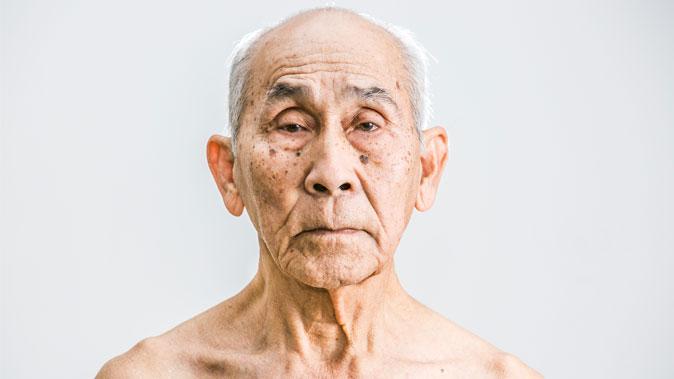Nal Oum said he will never forget the day the Khmer Rouge took the capital. He was one of just over 400 physicians in Cambodia, and had stayed despite the conflagration engulfing his country, with a belief that medical doctors would always be neutral and would work to save any life—regardless of politics, race, or creed.
He understands now he was wrong. He, like many others, didn’t believe that humans were capable of such evil.





